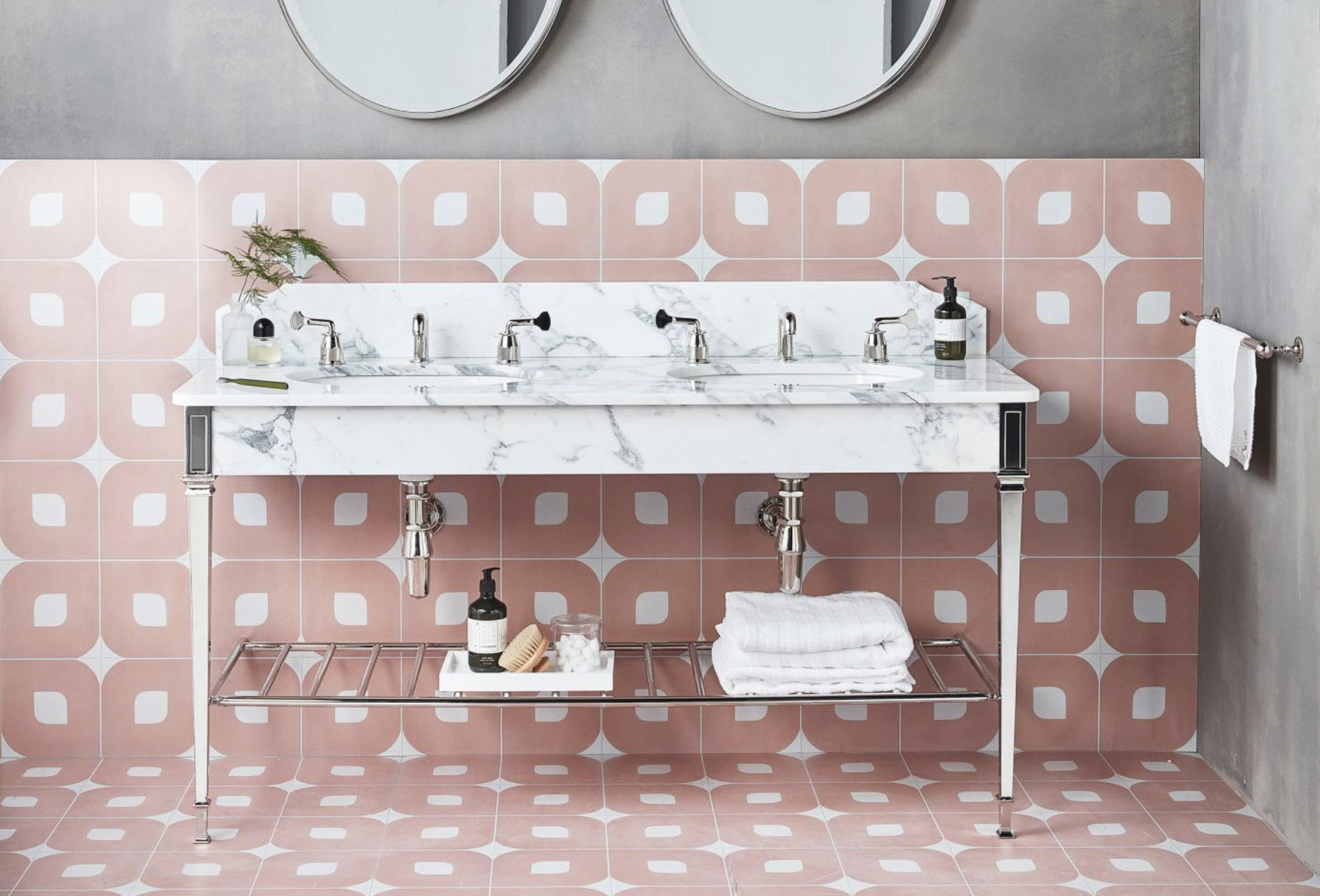We all MUST stop using disposable wipes. Here's why – prepare to be shocked
Bathroom waste accounts for nearly half of landfill rubbish, with wet wipes and disposable nappies the worst culprits

Hands up if you've used disposable wipes on the beach this summer? To remove your makeup at night? To wipe a toddler down on a plane/train/in the car? We could go on... but suffice to say that, on average, a woman will have used 38,000 wet wipes over a lifetime, and a quick poll of the Real Homes office tells us that we're amongst the culprits. Sorry – no figures given for men, but we're sure you're prolific users, too.
But will you still buy and use these wipes if we tell you now that most contain non-biodegradable plastic and will take around 100 years to decompose in landfill? And that they're the most common bathroom product to end up in landfill? And let's not even start on how they contribute to the solidity of drain blocking fat balls when they're wrongly flushed down the toilets. Or how they're amongst the most common piece of rubbish clogging our riverbanks, making them uninhabitable for wildlife.
- Read our guide to reducing your plastic waste for more eco-friendly solutions
But disposable wipes aren't the only problem. Alarming new data* shows that bathroom waste accounts for 30 to 40 per cent of all landfill waste in the UK alone. Disposable sanitary products (pads and tampons) are the second most commonly discarded products, with one woman using over 9,000 of them over a lifetime. Most sanitary pads and tampons also contain non-biodegradable materials – a pad takes 500 years to decompose. We're coming around to the idea of Mooncups, ladies. You?
And regardless of our gender, we contribute to landfill hugely by the time we are three years old, with 7,000 disposable nappies having been used on a single baby by that age. Yes, you've guessed it: most nappies are non-biodegradable too, with each one taking 500 years to decompose. Toothpaste tubes and toothbrushes are also a huge problems, as are tossed away contact lenses, which will never decompose in landfill.
The solutions? Firstly, ditch the wet wipes: they're bad for you skin, and, although convenient, not really necessary. If you do still want to use them, there are now plastic-free wipes on the market. The same now goes for nappies, with plenty biodegradable nappies available. Innovative feminine hygiene products are also on the rise, from plastic-free single use pads to reusable cotton ones. And if the contact lens statistic has put the fear of the eternal landfill in you (it sure has into us) – recycle yours using the brand new recycling programme run by Acuvue.
*Data collected by Tap Warehouse
Get small space home decor ideas, celeb inspiration, DIY tips and more, straight to your inbox!
Anna is a professional writer with many years of experience. She has a passion for contemporary home decor and gardening. She covers a range of topics, from practical advice to interior and garden design.